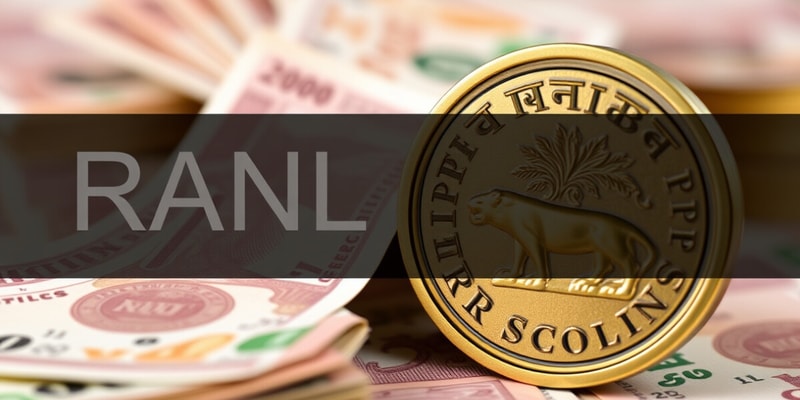Questions and Answers
Which types of notes cannot be accepted by bank branches for exchange?
What is the maximum number of soiled notes a person can exchange per day at bank counters?
Which bank types can choose to exchange mutilated notes at their discretion?
What is the definition of a soiled note?
Signup and view all the answers
Which of the following coins are accepted by weight for transactions?
Signup and view all the answers
According to the RBI rules, what should banks do with soiled notes accepted for government dues?
Signup and view all the answers
What is a significant characteristic of a mutilated note?
Signup and view all the answers
Which of the following correctly describes the legal status of coins issued by the Government of India?
Signup and view all the answers
What is the expected action by banks when the value of notes presented exceeds ₹ 50,000?
Signup and view all the answers
What should be done if a non-chest branch is unable to adjudicate mutilated notes?
Signup and view all the answers
If mutilated notes are sent through insured post to a currency chest branch, what is the maximum time frame to credit the exchange value to the sender's account?
Signup and view all the answers
What is the role of the 'Prescribed Officer' at a bank branch?
Signup and view all the answers
What must be done when notes with political or religious messages are received?
Signup and view all the answers
Which of the following continues to be considered legal tender despite having color stains?
Signup and view all the answers
What should happen if deliberately altered notes are presented for exchange?
Signup and view all the answers
What is required to be displayed at all bank branches regarding note and coin exchange?
Signup and view all the answers
What type of coins ceased to be legal tender as of June 30, 2011?
Signup and view all the answers
What happens to a note found to be disfigured?
Signup and view all the answers
Study Notes
Facility for Exchange of Notes and Coins
- All bank branches are required to provide services daily for the issuance of fresh notes and coins, and the exchange of soiled or mutilated notes.
- Small Finance Banks and Payment Banks may choose whether to exchange mutilated and defective notes.
- Coins can be dispensed in sachets of 100 at bank counters for customer convenience.
- Coins of denominations ₹1 and ₹2 are accepted based on weight.
- Government of India coins worth 50 paise and above retain legal tender status.
Note Definitions
- Soiled Note: Dirty due to normal wear and tear including notes patched together without missing features; accepted for government dues and public accounts but not reissued.
- Mutilated Note: Notes missing portions or made of more than two pieces; can be presented to any bank branch for adjudication.
- Brittle/Burnt/Charred Notes: Extremely damaged notes cannot be exchanged at branches; must be sent to RBI Issue Office for special adjudication.
Exchange Procedures
-
Soiled Notes:
- Up to 20 notes or ₹5000 value are exchanged free of charge.
- Exceeding limits requires a receipt for future credit, with potential service charges.
-
Mutilated Notes:
- Up to 5 pieces assessed and exchanged on-site; others sent to linked currency chest with expected payment within 30 days.
- Notes valued over ₹5000 advised to send to nearest currency chest branch.
Adjudication Responsibility
- Branch managers and cash officers are designated as "Prescribed Officers" to adjudicate exchanged notes.
- Adjudicated notes are stamped as 'PAY', 'PAID', or 'REJECT' to prevent misuse.
Restrictions on Notes
- Notes with political or religious messages are not legal tender and cannot be claimed for exchange.
- Notes with scribbles or stains remain valid and can be deposited or exchanged.
- Deliberately damaged notes are rejected, and relevant details must be reported to authorities.
Public Information
- All branches must display a notice regarding the availability of note and coin exchange services prominently.
Legal Tender Status
- Coins of 25 paise and lower are no longer valid as of June 30, 2011.
Studying That Suits You
Use AI to generate personalized quizzes and flashcards to suit your learning preferences.
Description
Test your knowledge on the facility for exchange of notes and coins provided by banks. This quiz covers definitions of soiled, mutilated, and damaged notes, as well as procedures for exchanging currency in India. Explore the legal tender status of various coin denominations.




